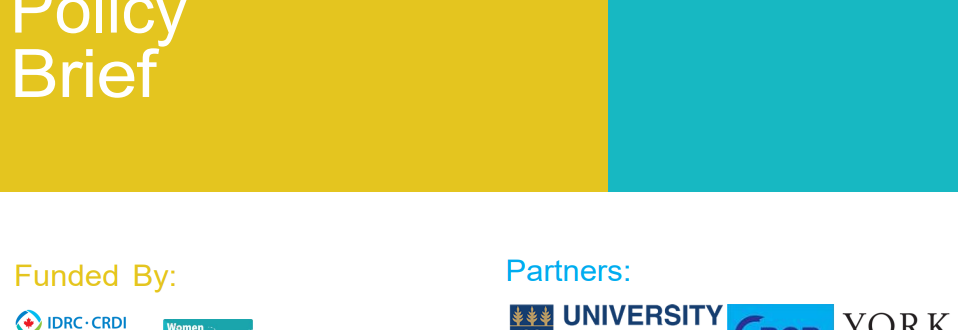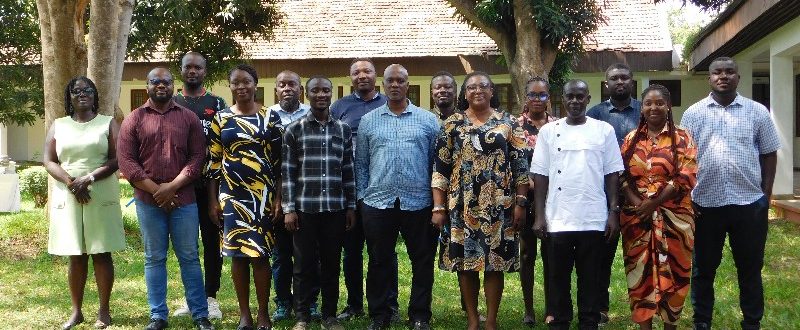The Centre for Biodiversity Conservation Research (CBCR) as part of the International Climate Initiative (IKI) consortium, is implementing a project titled “Climate Resilience for Critical Sites for Migratory Birds and People along the East Atlantic Flyway.”
Follow Us
+233209134932
info@cbcr-ug.org
Mon - Fri 8.00 - 17.00
Sat & Sun Closed
The Centre for Biodiversity Conservation Research (CBCR) as part of the International Climate Initiative (IKI) consortium, is implementing a project titled “Climate Resilience for Critical Sites for Migratory Birds and People along the East Atlantic Flyway.”
The Centre for Biodiversity Conservation Research (CBCR) has received a grant from the IDRC, Canada, to implement a project titled “Addressing Climate Vulnerability through Nature-Based Solutions using Transdisciplinary Engagement of Wetland Communities (AV-STEC)”.This project is implemented in partnership with York University (Canada), START (USA) and University of Ghana faculty. The overall goal of the project
“Join us for the Celebration of World Wetlands Day! This Saturday, February 1st, we’re hosting a bird-watching session at the Densu delta wetland to celebrate World Wetlands Day! Collaborating with the Ghana Wildlife Society and the Wildlife Division of the Forestry Commission, we’ll explore the challenges and opportunities associated with protecting our wetlands for present
The Densu Delta wetland in Accra is under threat from urbanization. The Centre for Biodiversity Conservation Research (CBCR) at the University of Ghana is working to protect this important Ramsar site. A wetland educational center will be built to serve as a hub for community engagement, research, advocacy, aspart of conservation efforts. The Densu Delta
We are excited to announce that the Centre for Biodiversity Conservation Research (CBCR) has joined Wetland Link International (WLI), a global network of wetland education centers dedicated to promoting wetland conservation through education, communication, and public awareness. WLI supports the development of new wetland education centers and programs, improves existing ones through resource sharing, training,







